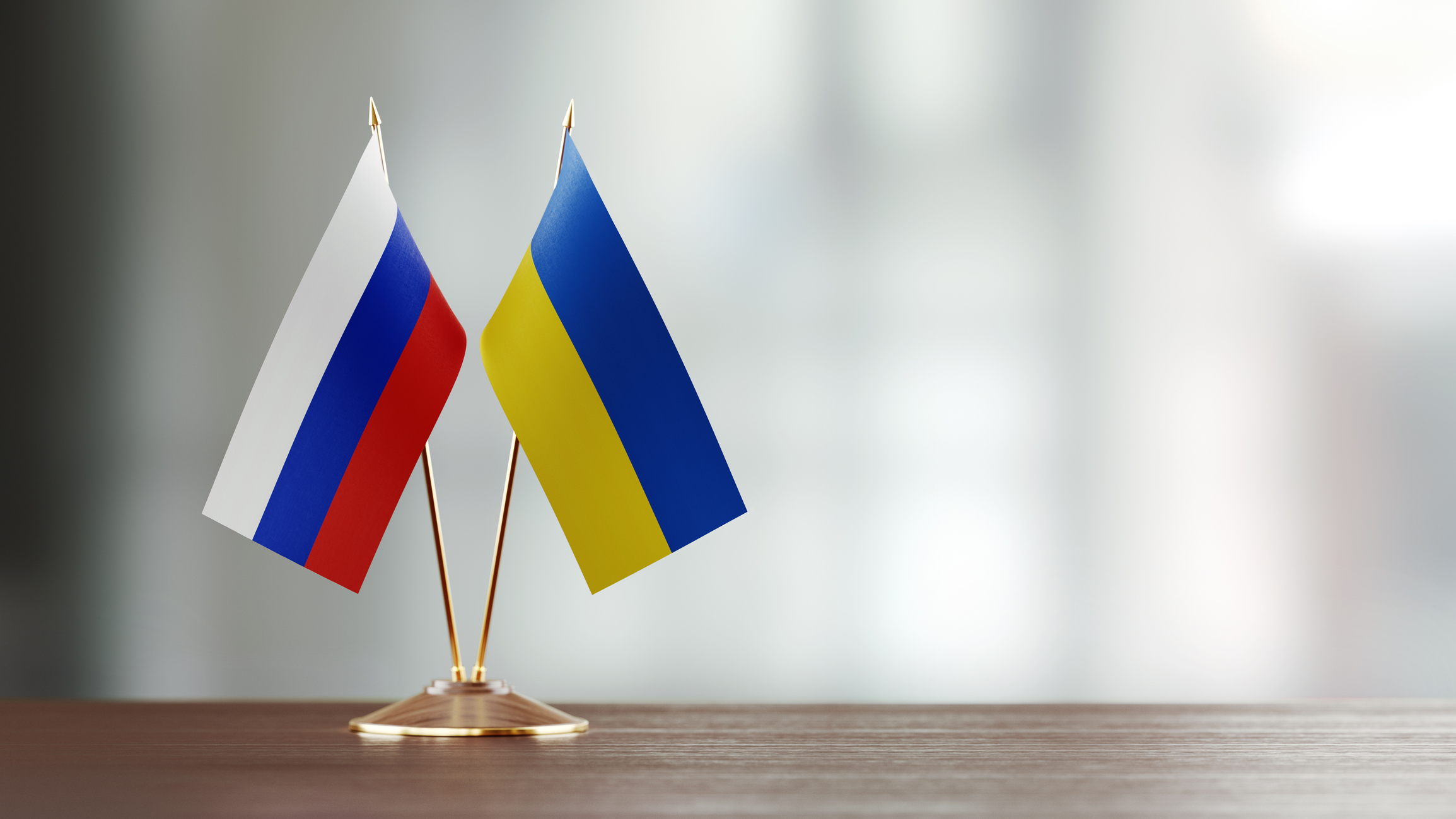3 min read
Understanding the History & Impact of the Sanctions Against Russia
Sophie Proctor
:
March 04, 2022

Welcome to part one of our interview where we’re joined by Tim White, a Special Advisor here at AML RIghtSource and our global sanctions expert, where we explore some of the background leading to Russia’s invasion of Ukraine as well as the impact of these sanctions on Russia.
Please note the situation in Russia and Ukraine is fast-moving and this interview took place on February 28th.
The background of Russia’s invasion
Tim, the whole world is trying to understand the sanctions that are being levied against Russia for its invasion of Ukraine. So, without going too far into the weeds, can you please help us understand some of the sanction mechanisms including the how and the why?
I think what we have to do is go back and look at the context of what transpired when Russia took over the Crimea region and invaded the Donbas region in Eastern Ukraine in 2014. What was critical at that time, was that we were on the tail end of the financial crisis and the interdependency for energy between them. We may have gone into a global depression because interest rates were so close to being negative (in fact, some countries were at that time). Prior to that, sanctions issued in modern-day time had been much smaller.
Russia is the second-largest producer of natural gas in the world, and the third-largest oil producer in the world, with roughly the 13th largest economy. So, once sanctions are implemented against Russia, there are almost guaranteed ripple effects across the globe. In 2014, when the sanctions went into play, they were very specific, or ‘surgical’, sanctions.
The question was, how do we make Russia question their ability to grow and not cripple the economy, but to try and freeze it? From the standpoint of the United States and the EU at the time, they worked together to have a sanction program that wouldn’t cause catastrophic damage to the global economy. One of the things they put into place was sectoral sanctions which targeted some of the main sectors of the Russian economy including; the financial institutional economy, the energy economy, and the Russian defense economy.
This was more of a strategic approach as it blocked Russia from getting funds to continue their development. It proved effective with a rollback in energy prices and the ruble dropped roughly 45%.
Moving forward, Biden and Johnson seem to be following the same pattern and tightening up these sanctions incrementally, including blocking Russian sovereign debt and the ability to trade on the open Western market. But we’re only in it a short way.
Impact of sanctions & future sanctions
What do you see as the possible effect of these sanctions having on the US the UK and the other countries, which have also imposed sanctions like Japan and Canada?
We’ve already started to see energy prices soaring, with Germany and other members of the EU likely to be hit the hardest following the decision to pause the Nord Stream 2 Pipeline Project. It was a big step for Germany to give global support to these sanctions. Inflation is on the rise right now and markets are appearing skittish with the value of the Dow, FTSE 100, and the DE 40 falling. We’ll continue to see investors moving towards more secure investments.
From a Russian standpoint, they could see extreme hardships depending on the degree of sanctions. People are anticipating Russia turning to China to help fulfill their financial and supply needs. Especially as seven Russian banks have been blocked from using SWIFT. It will ramp up over time as Russia has reserves of capital, but once they need to get more reserves, that’s when they will feel the pinch.
We all woke up to the news that Russia is officially dropped missiles on Ukraine. Do you see that there's going to be further influxes of sanctions issued by countries?
This will continue to ramp up over time if there is greater aggression and further invasion of Ukraine. There’s going to have to be a balancing act of what the ramifications are, and the impact on other economies. There are examples of where there was collateral damage of oligarchs owning businesses in other countries that we did not want to impact. So, an ugly side of these sanctions is the collateral damage, alongside the human damage to the people of Russia and Ukraine who won’t be able to get food, medicine, and so forth. This impact on the innocent parties will be hard to measure.
Some of the questions and responses have been edited for brevity and clarity.
Explore our solutions for the fight against global financial crime.

